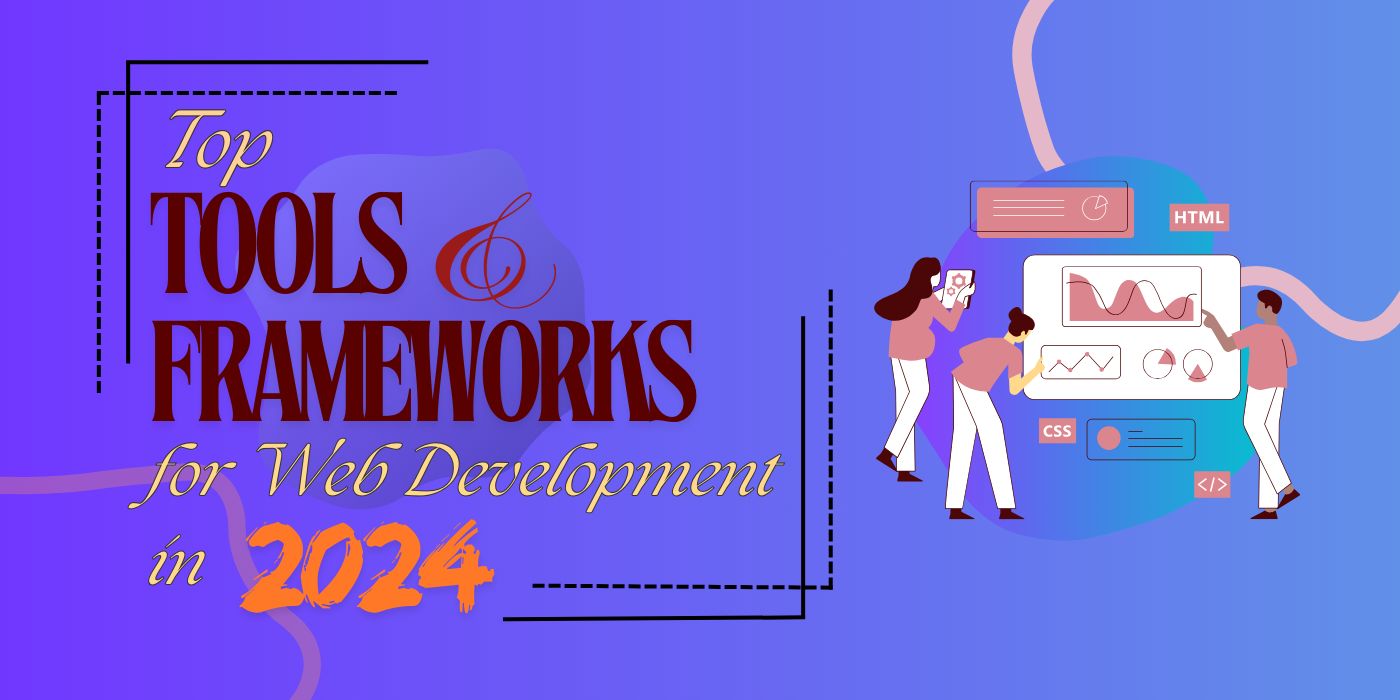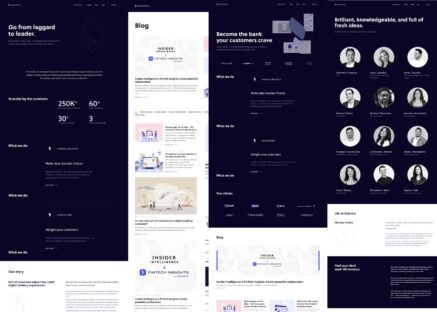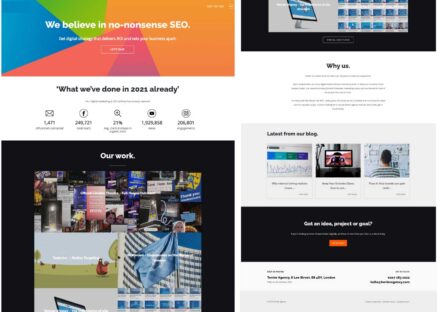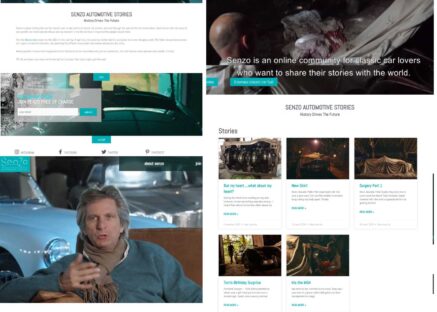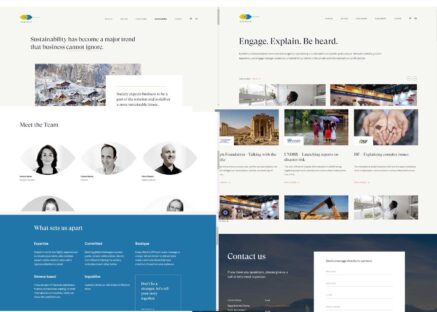When it comes to web development, the landscape is constantly evolving. Each year brings new tools and frameworks that promise to revolutionize the way we build websites and applications. In 2024, several tools and frameworks have emerged as frontrunners, each with its unique strengths and weaknesses. Today, I’ll be sharing my personal experiences and insights on the top tools and frameworks for web development this year. Buckle up, as we dive into the world of React, Angular, and Vue.js, and explore why these technologies have captured the attention of Web and app developers worldwide.
React: The Flexible Powerhouse
React has been a game-changer for me in so many ways. Developed by Facebook, React allows Website and mobile app developers to create dynamic and responsive user interfaces with ease. One of the things I love most about React is its component-based architecture. This makes it incredibly flexible and reusable, which is a huge plus when working on large-scale projects.
But React isn’t without its challenges. The learning curve can be steep, especially for beginners. When I first started using React, I was overwhelmed by the sheer number of new concepts to grasp—JSX, state management, hooks, and more. However, once you get past the initial hurdles, the benefits are undeniable. React’s large community and extensive libraries mean you can find a solution to almost any problem you encounter.
Angular: The Robust All-in-One Framework
Angular, developed by Google, is another heavy hitter in the web development world. If you’re looking for a comprehensive framework that comes with everything you need out of the box, Angular is the way to go. My experience with Angular has been a bit of a roller coaster. On one hand, I appreciate its robust features, such as two-way data binding and dependency injection, which make developing complex applications a breeze.
On the other hand, Angular can be quite opinionated and rigid. The framework imposes a certain way of doing things, which can be both a blessing and a curse. For seasoned developers, this structure can lead to more maintainable and scalable code. However, for those who are used to more flexibility, it can feel constraining. The setup and configuration can also be daunting, but once you get the hang of it, Angular proves to be an incredibly powerful tool.
Vue.js: The Progressive Framework
Last but certainly not least, let’s talk about Vue.js. This progressive framework has gained a massive following in recent years, and it’s easy to see why. Vue.js offers a gentle learning curve, which makes it a fantastic choice for beginners. When I first started using Vue, I was impressed by how intuitive and approachable it was. The documentation is top-notch, and the community is incredibly supportive.
Vue’s reactive data binding and component-based architecture make it a joy to work with. One of the standout features for me is the Single File Components, which allow you to encapsulate HTML, CSS, and JavaScript within a single file. This organization makes development more straightforward and efficient.
However, Vue isn’t without its drawbacks. It doesn’t come with as many built-in solutions as Angular, which means you’ll often need to rely on third-party libraries to fill in the gaps. This can lead to inconsistencies and fragmentation in larger projects. Despite this, Vue’s simplicity and ease of use make it a worthy contender in the web development arena.
Choosing the Right Tool for the Job
In conclusion, the best tool or framework for web development in 2024 largely depends on your specific needs and preferences. React’s flexibility and vast ecosystem make it ideal for large, dynamic applications. Angular’s all-in-one approach and strong typing can lead to more maintainable codebases, particularly for enterprise-level projects. Meanwhile, Vue.js’s simplicity and ease of use make it an excellent choice for developers of all skill levels, especially those just starting.
As a developer, it’s crucial to stay adaptable and continuously explore new tools and frameworks. Each project is unique, and the right tool can make all the difference. So, take the time to experiment, learn, and grow. The world of website development is ever-changing, and the tools we use today are shaping the digital experiences of tomorrow.

